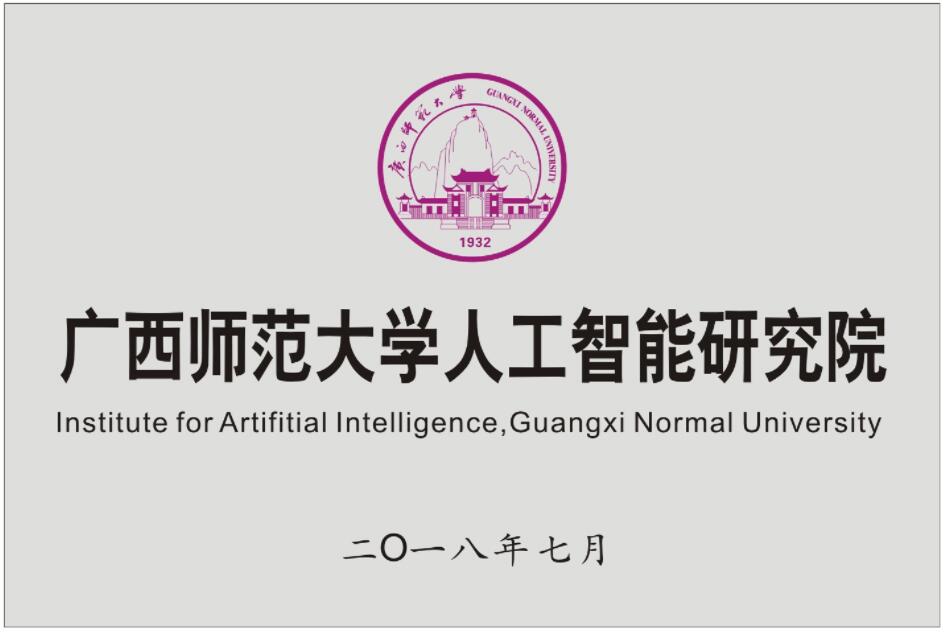The Artificial Intelligence Research Institute of Guangxi Normal University is affiliated with the School of Computer Science and Engineering/ School of Software and focuses on industry-academia-research collaboration in the fields of artificial intelligence and big data. The main research directions include artificial intelligence, computer vision, pattern recognition, and big data analytics. The institute specializes in intelligent image and video analysis and interpretation, green large models, big data perception, and cloud-edge-device collaborative computing technologies. It provides core technologies for applications in smart cities, public safety projects, intelligent security inspection, smart healthcare, intelligent transportation, smart homes, social governance informatization, automotive electronics, urban hazard control, and pipeline corridor safety. The institute is gradually expanding its scope to include national defense security, maritime security, environmental security, food safety, industrial safety, information security, and power safety.
As an innovative research institution focused on computer vision and big data, the Artificial Intelligence Research Institute is dedicated to developing advanced visual algorithms and technologies. By enabling computers to interpret and analyze images and videos, the institute aims to achieve intelligent visual perception and decision-making capabilities. Additionally, it conducts research and applications in the field of big data. The research team consists of passionate and experienced scientists, engineers, and scholars with diverse research backgrounds and expertise. Team members possess deep professional knowledge in computer vision, machine learning, deep learning, and image processing.
The laboratory emphasizes the integration of theoretical research and technological innovation, actively participates in international academic exchanges and collaborative projects, publishes high-quality research papers, and continuously promotes advancements and applications in computer vision and big data. At the same time, the institute has established close partnerships with industry collaborators, academia, and government departments to jointly drive the transformation and application of technologies, address real-world challenges, and promote social progress and economic development.
The laboratory is oriented toward disciplines such as computer science and technology, software engineering, information security, data science and big data technology, Internet of Things engineering, robotics engineering, information and computing science, optoelectronic information science and engineering, and electronic information engineering. The laboratory primarily offers courses such as Digital Image Processing, Computer Vision, Principles and Applications of Big Data Technology, Python Application Design, and Machine Learning.

